They help strengthen defenses in different ways, for example by helping to make defensive cells. Find out how they help you and in what foods they are found.
Eating is one of the habits that most influence the proper functioning of the immune system, and it is also a great tool that we can use to strengthen it.
Knowing the most important nutrients to support the proper functioning of our defenses allows us to seek strategies to avoid missing them.
Here we will tell you what these nutrients are, why they are essential to strengthen our ability to prevent and deal with infections and in what foods you can find them.
Zinc to help the thymus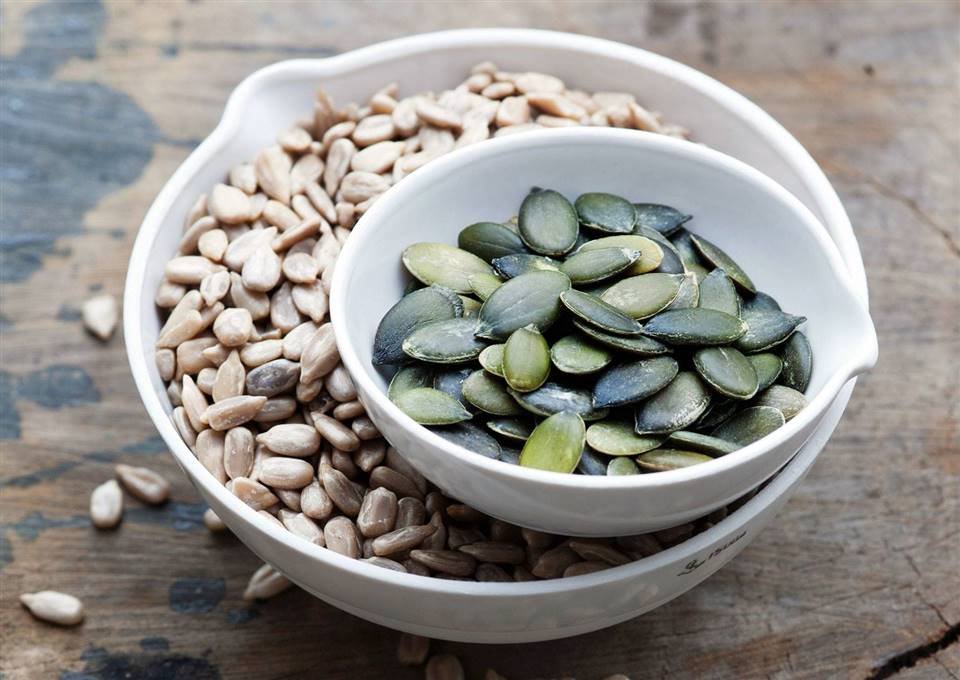
It is involved in the function of thymulin, the thymus hormone, whose deficiency affects the survival, proliferation and maturation of defensive cells.
An acute zinc deficiency reduces innate immunity and chronic deficiency increases inflammation. Knowing the keys to getting enough zinc will help you avoid a deficit.
Among the foods richest in zinc are pumpkin seeds, chickpeas, lentils, cashews, eggs and whole wheat bread.
Selenium, the food of your antibodies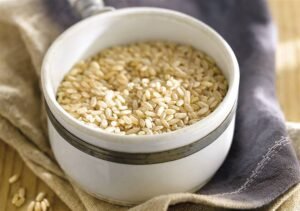
Selenium, an antioxidant trace element, contributes to the formation of antibodies and has anticancer properties. In addition, it is involved in the production of glutathione, a substance necessary to eliminate toxins and free radicals.
There are some symptoms that may indicate that you are lacking selenium.
Foods rich in selenium are Brazil nuts, brown rice, sunflower seeds, beans, mushrooms and oats.
Omega-3 against inflammation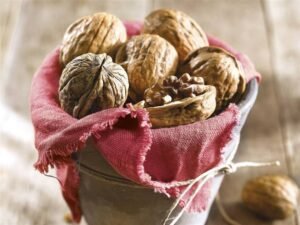
The omega-3 fatty acids reduce chronic low – grade inflammation, which impairs the immune system. If enough foods rich in these types of polyunsaturated fatty acids are not consumed, the option of taking a supplement should be considered.
Many plant foods provide alpha-linolenic acid, the precursor of omega-3s, vegetable fatty acid. These include flax, chia and hemp seeds, walnuts and even Brussels sprouts.
Vitamin D, a great immunity regulator
In the intestine there are receptors for vitamin D that, when activated, have a powerful immunomodulatory function. We can synthesize it thanks to sun exposure, but in winter a supplement may be necessary.
Some foods also provide you with small amounts of vitamin D, such as sun-dried mushrooms, eggs, and dairy products.
Vitamin C to stimulate natural killer
The Vitamin C is one of the most used vitamins to boost the immune system. It stimulates natural killer cells and favors the formation of neutrophils, cells that literally eat bacteria and pathogenic viruses.
It’s easy to get your daily dose by eating fresh vegetables. Among the foods richest in vitamin C are kiwi, orange, red pepper, parsley, papaya.
Probiotics that help your defenses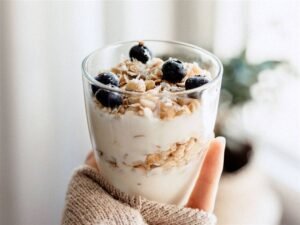
Fermented foods are considered probiotics because they provide bacteria and beneficial substances for the micro biota. Gut bacteria work with immune cells and are involved in maintaining health in many ways.
You can choose from many fermented foods, all of which are rich in probiotics, for example yogurt, kefir, kimchi, sauerkraut, kombucha or miso.
Beta carotene to protect your mucous membranes
Beta-carotene, the red-orange antioxidant pigment that gives color to many plant foods, is transformed into vitamin A once digested by the body.
This is important, because vitamin A is essential for the mucosa to be able to stop pathogens and is involved in the formation of antibody-producing lymphocytes. In other words, it strengthens the respiratory system and immunity.
Foods rich in beta-carotene are sweet potato, pumpkin, carrot, apricot or broccoli, for example.
Betaglycans, the immu nostimulating fiber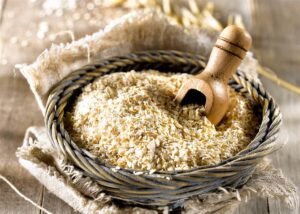
Beta-glucans are long chains of glucose that form a type of fiber that activates the intestinal cells of the immune system. In addition, being a type of dietary fiber, they act as food for the intestinal microbiota. In another article I tell you in more detail how beta-glucans help prevent colds.
Foods rich in beta-glucans are mushrooms, oats, barley and whole wheat.
Antioxidants against free radicals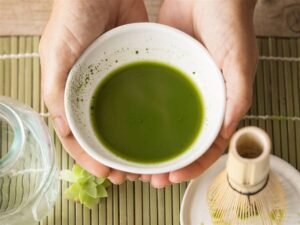
Antioxidant molecules such as polyphenols, found in some vegetables, are essential to take care of the immune system and reduce inflammation because they keep aggressive free radicals under control.
One of the richest polyphenol foods is green tea. Also berries, cocoa, purple vegetables, red beans and some spices and aromatic herbs.
Protective and regulatory melatonin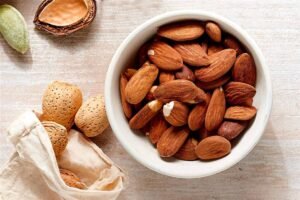
Melatonin is the hormone that induces sleep, but it is also a powerful antioxidant and supports the function of lymphocytes, immune cells that fight viruses.
If we synchronize our habits with the rhythm of the day and night with habits according to our circadian rhythm, we will produce more melatonin, we will sleep well and the immune system will be activated. Melatonin is secreted by the pine gland, but it is also found in some foods.
Foods like tart cherries, almonds, walnuts or sweet corn provide small doses of melatonin.
